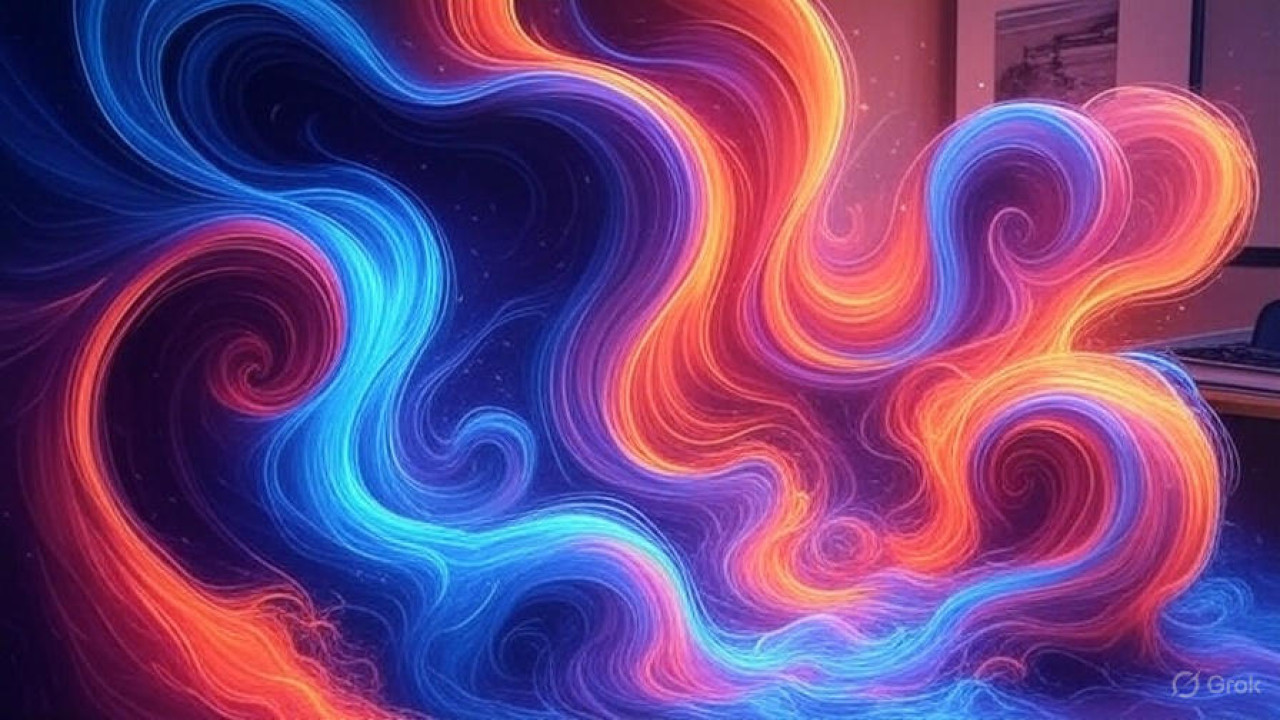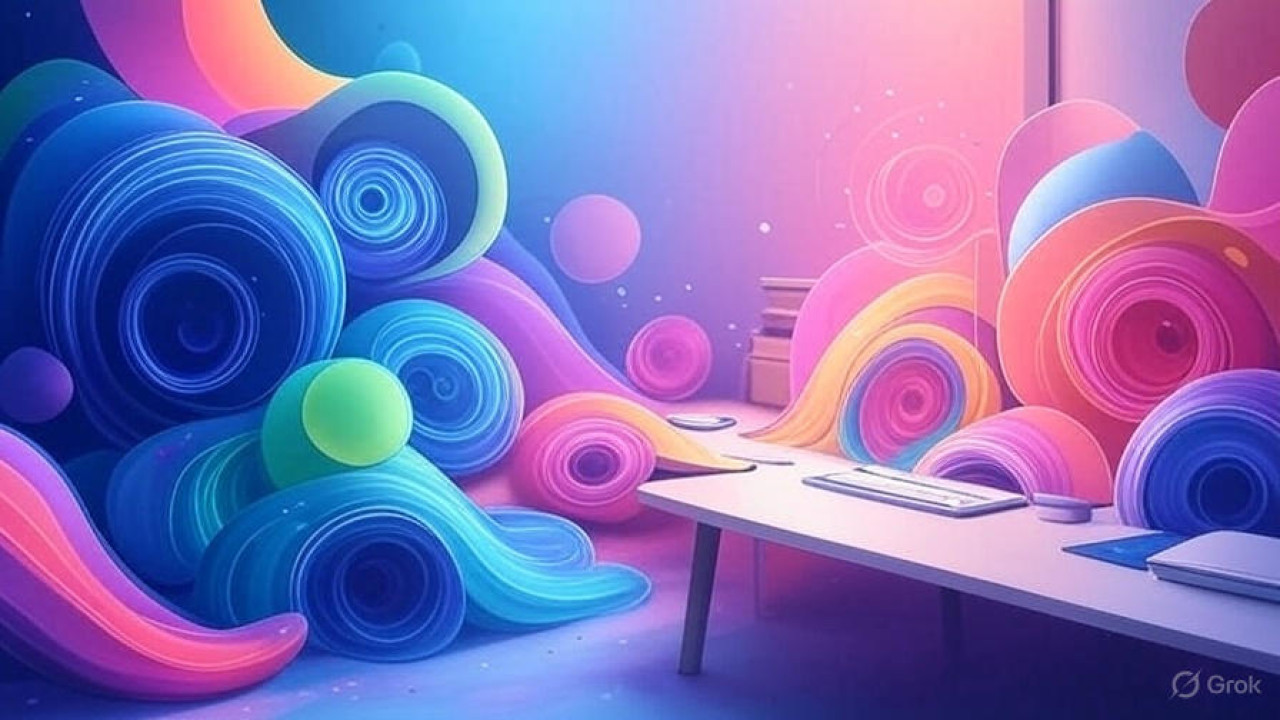Creating Custom Wallpapers with AI Tools: A Step-by-Step Guide
In the age of digital personalization, there’s nothing quite like having a wallpaper that perfectly fits your style, mood, or brand. With the rise of AI-powered tools and design apps, creating unique wallpapers is easier and more accessible than ever. Whether you want a stunning background for your desktop, mobile, or even social media, this guide from getwallpaper.org will walk you through the process step by step.
Why Use AI Tools for Wallpaper Creation?
AI tools streamline the creative process, offering instant inspiration, advanced editing, and the ability to generate high-quality visuals without requiring professional design skills. These platforms often feature:
- Prompt-based image generation: Describe your vision, and the AI brings it to life.
- Style transfer and filters: Apply artistic effects or mimic famous art styles.
- Easy customization: Adjust colors, composition, and resolution for your device.
Step 1: Choose the Right AI Tool
Start by selecting an AI wallpaper generator or design app. Some popular choices include:
- DALL·E, Midjourney, and Stable Diffusion: Text-to-image AI generators that create wallpapers from your descriptions.
- Canva and Adobe Express: Design apps with AI features for backgrounds, templates, and editing.
- getwallpaper.org: Browse or generate AI-powered wallpapers directly on the site.
Step 2: Define Your Vision
Think about the look and feel you want for your wallpaper. Consider:
- Theme: Nature, abstract, minimalist, futuristic, etc.
- Color palette: Soft pastels, vibrant neons, monochrome, etc.
- Mood: Calming, energetic, inspiring, professional.
Write a short prompt or description (e.g., “A dreamy, pastel abstract background with soft gradients and subtle geometric shapes”).
Step 3: Generate the Base Image
Using your chosen AI tool:
- Enter your prompt: Type your description into the AI generator.
- Adjust settings: Select resolution (e.g., 1920x1080, 1280x720), style, or other options if available.
- Generate: Let the AI create your image. You may get several variations—choose the one you like best.
Step 4: Refine and Customize
Most AI tools allow further editing:
- Crop or resize to fit your device.
- Add filters or effects to enhance the image.
- Overlay text, icons, or logos for a personal touch.
- Use design apps like Canva to combine AI-generated art with additional
Copilot said: ````markdown name=creating-







Comments (0)
No comments found